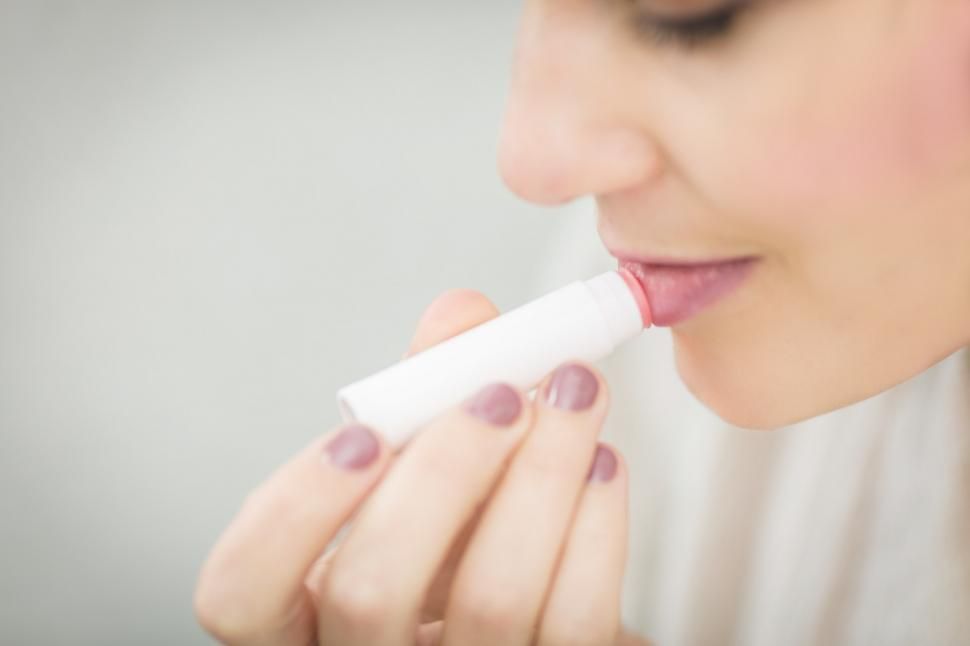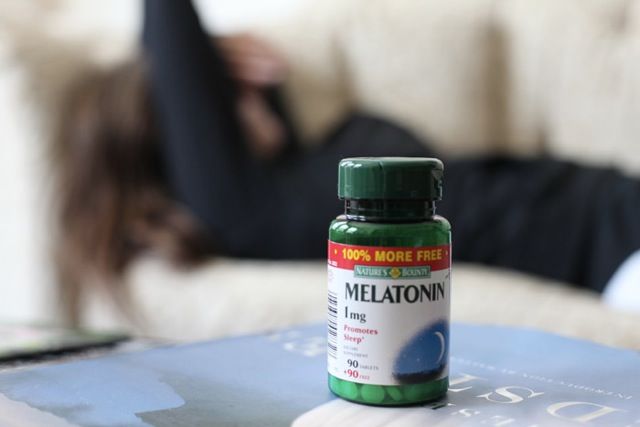
Decoding Creatine: Your Ticket to More Reps or a Ride to the ER?
- Apr 23, 2024
You're in the gym, sweat coursing down your brow as you push for that last rep. You’re almost there when your muscles fail you, screaming "we can't go on!" Enter creatine, MR. Popular of the sports supplement market. This naturally synthesized compound is keen to lend its helping hand (or molecule), bolstering your body's primary provider of energy - ATP. With the promise of 5-15% better performance during high-intensity exercises, it's no puzzle why creatine supplements have become the holy grail for fitness enthusiasts. But remember, even the holy grail had a guard dog. So let's ask - 'Creatine, friend or foe?'
Research sings a harmonious tune about creatine being generally safe. Taken accordingly, short or long-term (up to 30g daily for five years or less), it seems creatine doesn’t cause any harmful side effects — the scarecrow in the supplement’s cornfield. But in the health and fitness field, where every party must have its pooper, there are whispers about creatine causing muscle cramps, dehydration, diarrhea, nausea, and seizures. However, diving into deeper waters, we find evidence somersaulting in the opposite direction suggesting creatine might actually reduce muscle cramping frequency.
Now, a word to those vanity-stricken souls obsessively tracking their weight. Creatine might cause you to pack on some pounds. However, before you run screaming towards the hills, know that this weight gain isn't the lovechild of your favorite Doritos and late-night binges (aka fat), but water. "Why?" You might ask. Well, lazy layabouts, it's because creatine keeps your muscles hydrated, explains Dr. Roberts. And yes, while the scale may report heavier territorial conquests, remember, the territory here is muscle, not fat.
So, who should be cautious about their romance with creatine? Individuals with kidney disease should distance themselves, as creatine can spike creatinine levels, a waste product of muscle activity. Also, if you're pregnant, breastfeeding, or flirting with the idea of mixing creatine with other substances (even innocent vitamins), go have a chat with your healthcare professional. And your friendly sports organizatons warn all professional or college athletes - choose your creatine lover wisely. Pick one that’s been third-party approved by NSF International or Informed Sport. These agencies play the detective, screening for banned substances lurking in those capsules of promises.
The million-dollar question remains - how much creatine do we need? Well, your body attends to its duties, producing around 1g of creatine per day. If your plate regularly has a spot reserved for seafood and red meat, supplements might not be necessary, says the International Society of Sports Nutrition. However, for muscle mass builders, a daily dose of 3 to 5g of creatine monohydrate (backed by research as the Sinatra amongst all creatine forms) could turn the tide.
In conclusion, creatine doesn’t warrant full-blown panic, but rather informed caution. If you experience weight gain, most likely it's water weight or added muscle, given your allegiance to the gym. But like all flashy lifestyle friendships in movies, toss in some moments of serious contemplation, since all supplements, including creatine, should be consumed under the wise counsel of a doctor or a dietitian, especially if you're pregnant or breastfeeding.






